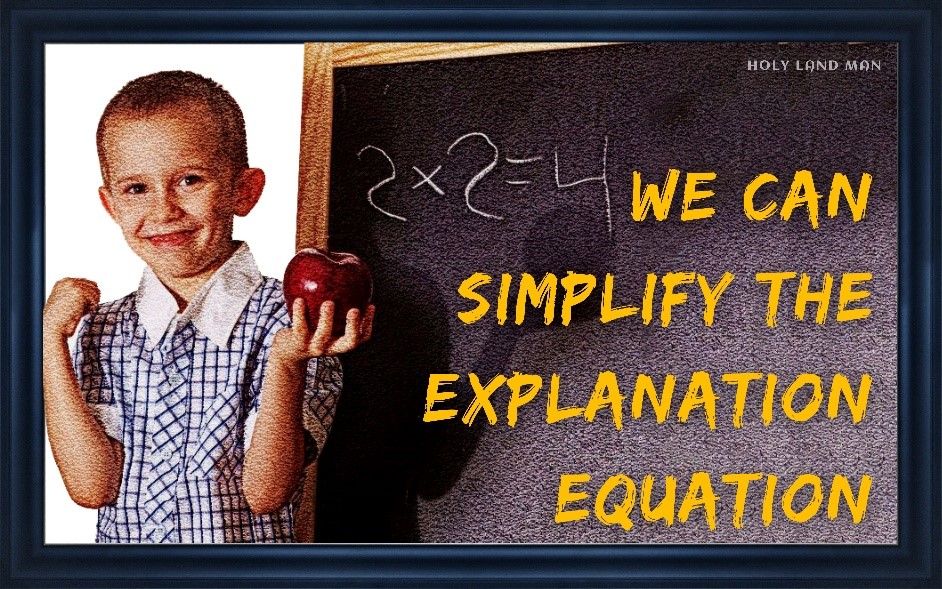Explaining these phenomena through the existence of gravity is an explanation of the kind of position on the unfamiliar. After all, until Newton, scientific investigation did not recognize the existence of such a force. No one, including Newton himself, saw gravity directly. All that can be seen is the various phenomena of falling etc., from which it can be deduced that there is some force behind them. Newton added a new factor to the worldview, and through it explained the familiar.
Here the question arises: who said that there is one force behind all these phenomena? Maybe these phenomena occur simply because … they occur? Apples fall, tides happen, and stars rotate, simply because that’s what apples, water, and stars do. Any such event can be a tough fact in itself. Why assume that there is such a thing as gravity?
The answer, as before, is that it is simply human intuition. This seems more true to us. Such a uniform explanation seems to us to make more sense than to assume that each event and each phenomenon is a separate hard fact. If one force can give such an explanation to many phenomena, it is better to see in it the basic fact, and not in every phenomenon in itself.
If we do not assume the existence of gravity, we will have to assume the existence of countless basic facts — one for each event of a fall somewhere in the universe — all of which are independent of each other. And that seems less likely to us.










